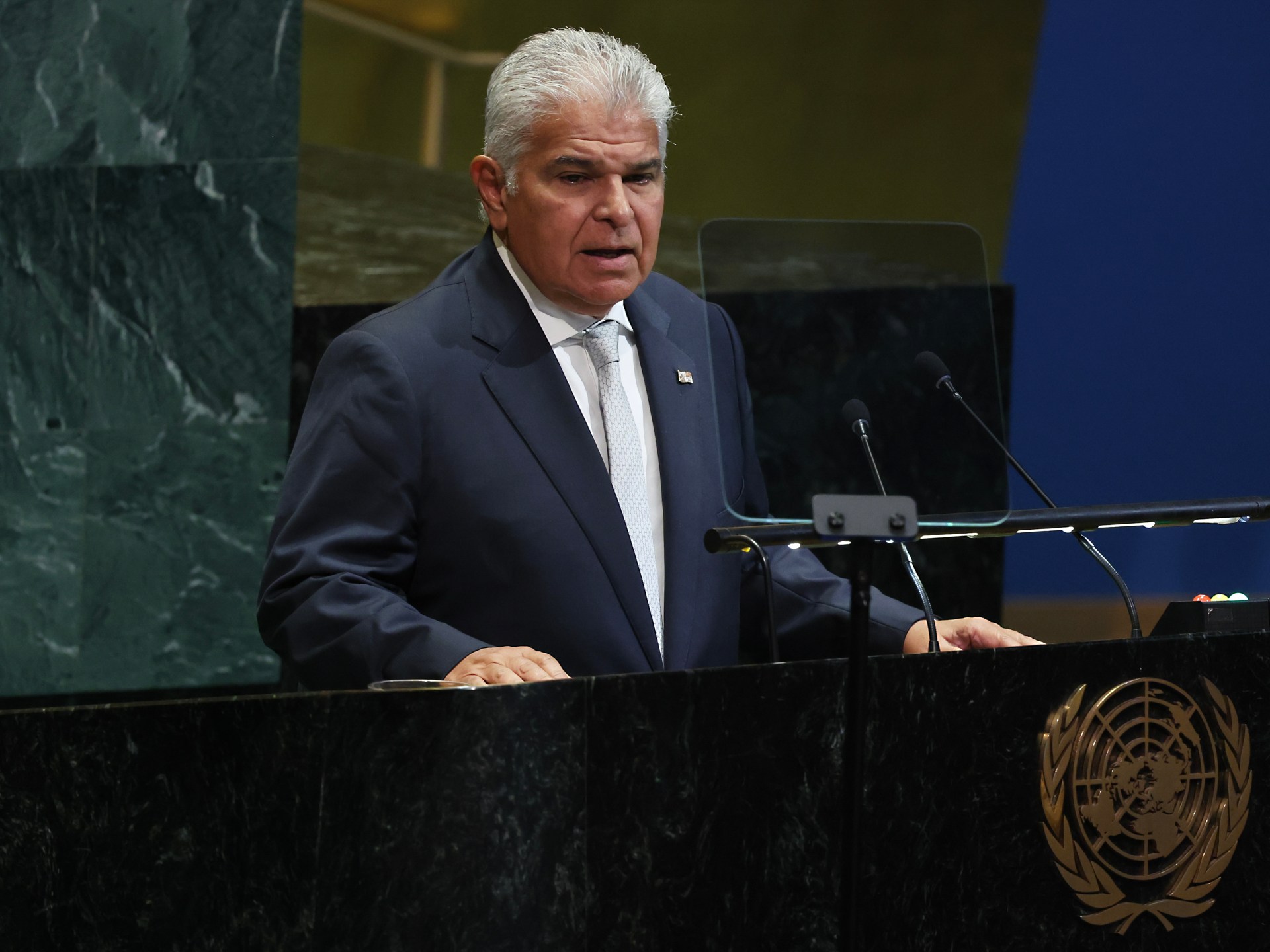On Wednesday night ministers released three witness statements by Matthew Collins, the UK’s deputy national security adviser, in connection with the failed prosecution of two British men, Christopher Cash and Christopher Berry, who were accused of spying for China.
The statements span 18 months and two different governments, and are at the heart of a row about who, if anyone, was to blame for the case collapsing. Both Cash and Berry have denied any wrongdoing. Below are some key passages and their potential significance.
-
1. “As set out in the integrated review refresh of 2023, the UK is updating its approach to China to keep pace with the evolving and epoch-defining challenge it poses to the international order …. We will engage directly with China bilaterally and in international fora so that we leave room for open, constructive and predictable relations.”
This section from Collins’ first and longest statement, submitted in December 2023 when Rishi Sunak was prime minister, uses the slightly bland language of formal diplomacy to set out what the UK’s position to China was at the time: a “challenge”, which must be opposed where needed, but also an inescapable part of the global and commercial landscape.
The case against Cash and Berry was dropped by prosecutors because they believed that under the Official Secrets Act, the law used to charge the men, China would need to be described as an enemy.
Whether or not any of Collins’s statements actually did this, and particularly whether the language weakened over time, is central to the political argument about the case. Keir Starmer and his allies will point to the fact that even this first statement is far from explicit on the point.
-
2. “In July 2022 in Hangzhou, Zhejiang, Mr Berry met with a senior CCP [Chinese Communist party] leader. … Mr Cash told Mr Berry that Tom Tugendhat MP, who was at that time not a minister, would almost certainly obtain a cabinet position from Rishi Sunak … Mr Cash provided Mr Berry with non-public details of a [UK government] review of the Newport Wafer Fab [semi-conductor factory] purchase, the outcome of which would have been of great interest to the Chinese state.”
Much of Collins’ first statement sets out the security case against Cash, at the time a parliamentary researcher for the China Research Group of Beijing-sceptical Conservative MPs, and Berry, an academic based in China. It says they passed secrets to a Chinese agent named only as “Alex”.
The mass of information allegedly gathered and passed on ranges from relatively mundane political gossip to more obvious secrets, including meetings between UK MPs and officials from Taiwan. According to the statement, after Berry met the senior CCP leader, Cash messaged him to say: “You’re in spy territory now.”
On Wednesday night Cash reiterated his insistence that he was innocent, saying in a statement: “I have been placed in an impossible position. I have not had the daylight of a public trial to show my innocence, and I should not have to take part in a trial by media.”
-
3. “China is an authoritarian state, with different values to the UK. This presents challenges for both the UK and our allies. China and the UK both benefit from bilateral trade and investment, but China also presents the biggest state-based threat to the UK’s economic security … It is important for me to emphasise, however, that the government is committed to pursuing a positive economic relationship with China.”
This is from Collins’ second witness statement, which is much shorter and mainly concerned with giving prosecutors extra details about the senior leader Berry allegedly met. While dated February 2024, this is an error by Collins – it is from February 2025, and so under the Starmer government.
Again, the language on China is nuanced, stressing the challenge it poses, and even using the word “threat”, while also hinting at the Labour government’s decision to engage more openly with Beijing, an example of which was a visit by Rachel Reeves, the chancellor, to China a month before the statement.
-
4. “The UK government is committed to pursuing a positive relationship with China to strengthen understanding, cooperation and stability. the government’s position is that we will cooperate where we can; compete where we need to; and challenge where we must, including on issues of national security.”
This is the very last part of Collins’ final witness statement in the case, from August 2025, weeks before the prosecution was abandoned.
While it follows a longer section setting out the “active espionage threat” posed by China, among other challenges, the language is a word-for-word exposition of the Starmer government’s position on how it hoped to deal with Beijing. As such it feels less combative in tone, even if the actual policy behind it has arguably changed little.
Some have seized on this passage as the seeming reason why prosecutors believed they could no longer prosecute Cash and Berry, given it does not seem to make China sound like an “enemy”. Government officials take a different view, arguing that the decision was instead due to a combination of changing case law, a lacklustre approach by the Crown Prosecution Service and the slowness of the last government to update security laws. It is an argument which will continue to run.


